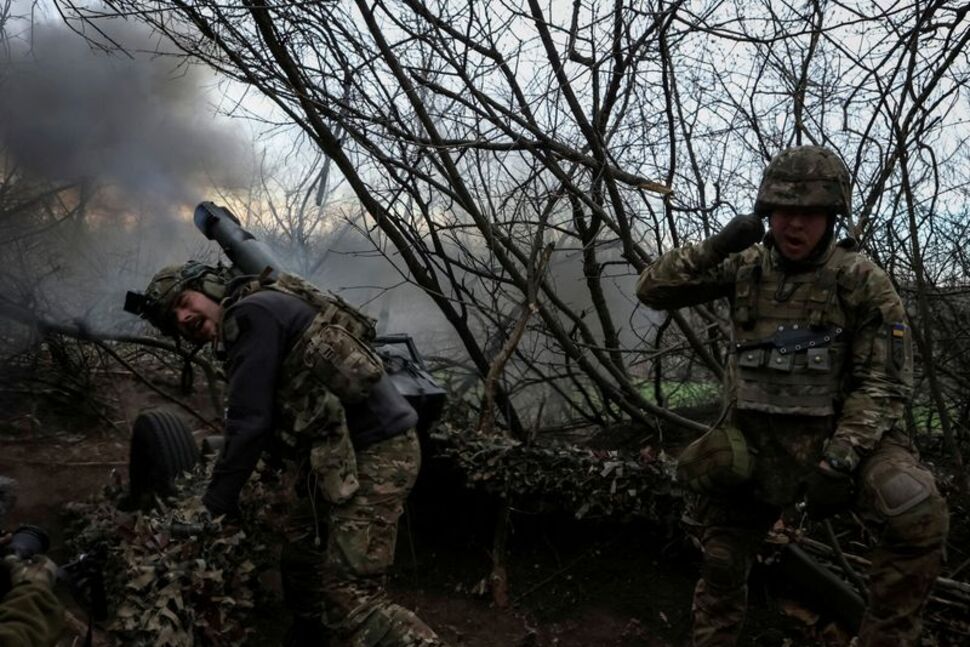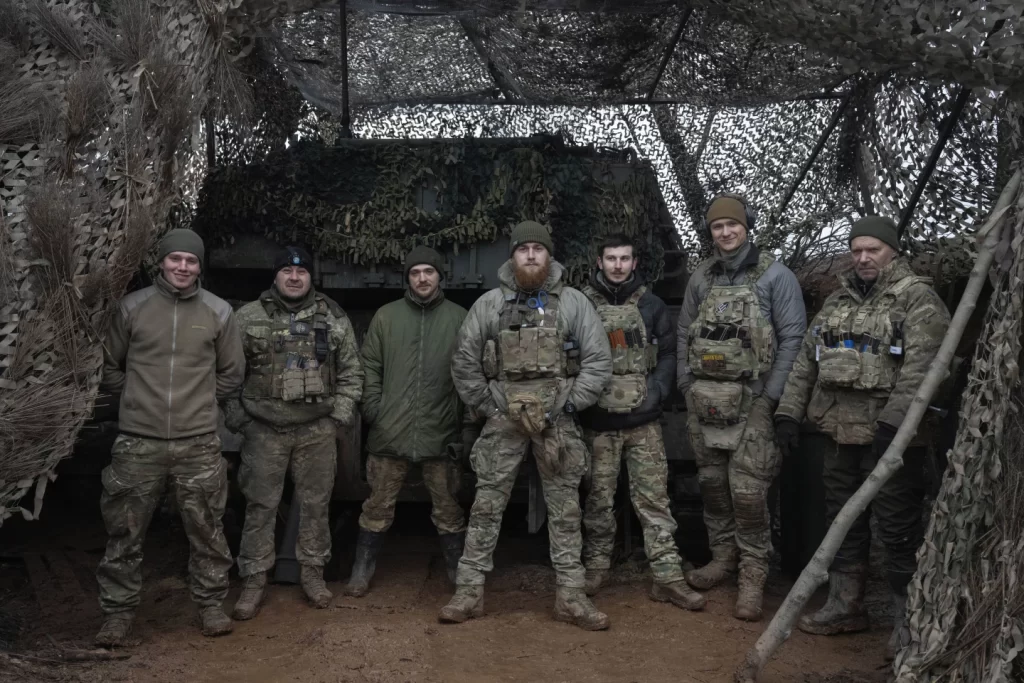The United States has lifted a ban on providing American weapons and training to the Azov Brigade, a controversial Ukrainian military unit that played a crucial role in defending the major port city of Mariupol. The decision, announced by the State Department on Tuesday, comes after the US found no evidence of gross human rights violations committed by the unit.
The Azov Brigade, now absorbed into Ukraine’s National Guard as the 12th Special Forces Brigade, has been one of the country’s most effective and popular fighting units. However, the brigade has faced criticism due to its origins as a volunteer battalion that attracted fighters from far-right circles, leading to accusations of extremism and neo-Nazi ideology among some of its founders.

As a result of these concerns, the US had previously banned the regiment from using American weapons. US law prohibits providing equipment and training to foreign military units or individuals suspected of committing gross human rights violations.
Despite the brigade’s controversial past, current members of the Azov Brigade reject accusations of extremism and deny any ties to far-right movements. The Kremlin, however, has seized upon the regiment’s origins in its efforts to portray Russia’s invasion as a battle against Nazi influence in Ukraine.
In a statement, the State Department said that it had found “no evidence” of gross human rights violations committed by the Azov Brigade, paving the way for the lifting of the ban on US support.

The decision to allow the provision of American weapons and training to the Azov Brigade is likely to bolster Ukraine’s military capabilities as the country continues to defend itself against Russian aggression. The brigade’s reputation as a formidable fighting force, particularly in the defense of Mariupol, has made it a valuable asset in the ongoing conflict.
Critics of the move may argue that the brigade’s past associations with far-right ideologies should preclude it from receiving US support. However, the State Department’s assessment of the unit’s human rights record suggests that the current members of the Azov Brigade have distanced themselves from the controversial views of some of its founders.
As the war in Ukraine continues, the US lifting of the ban on arming and training the Azov Brigade may prove to be a significant development in the country’s ability to defend its territory and counter Russian military advances.
Credit: AP



